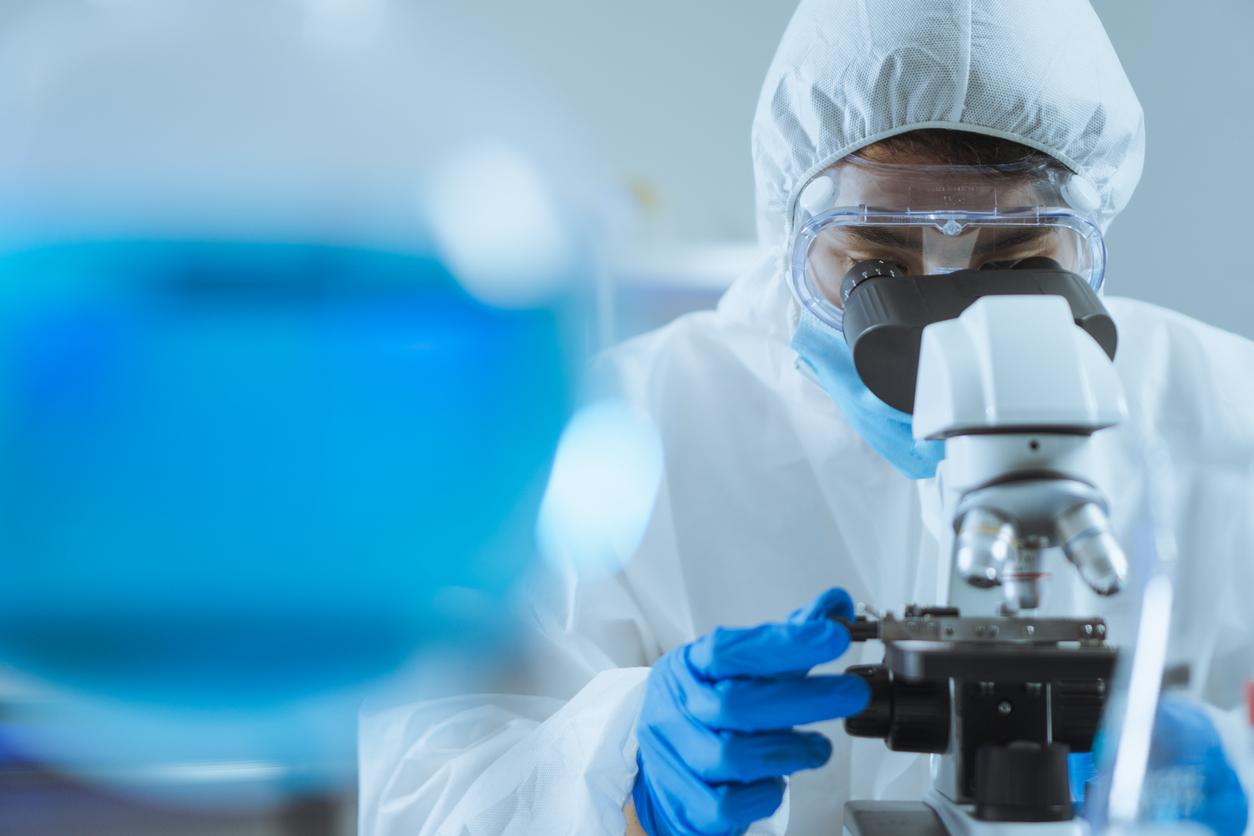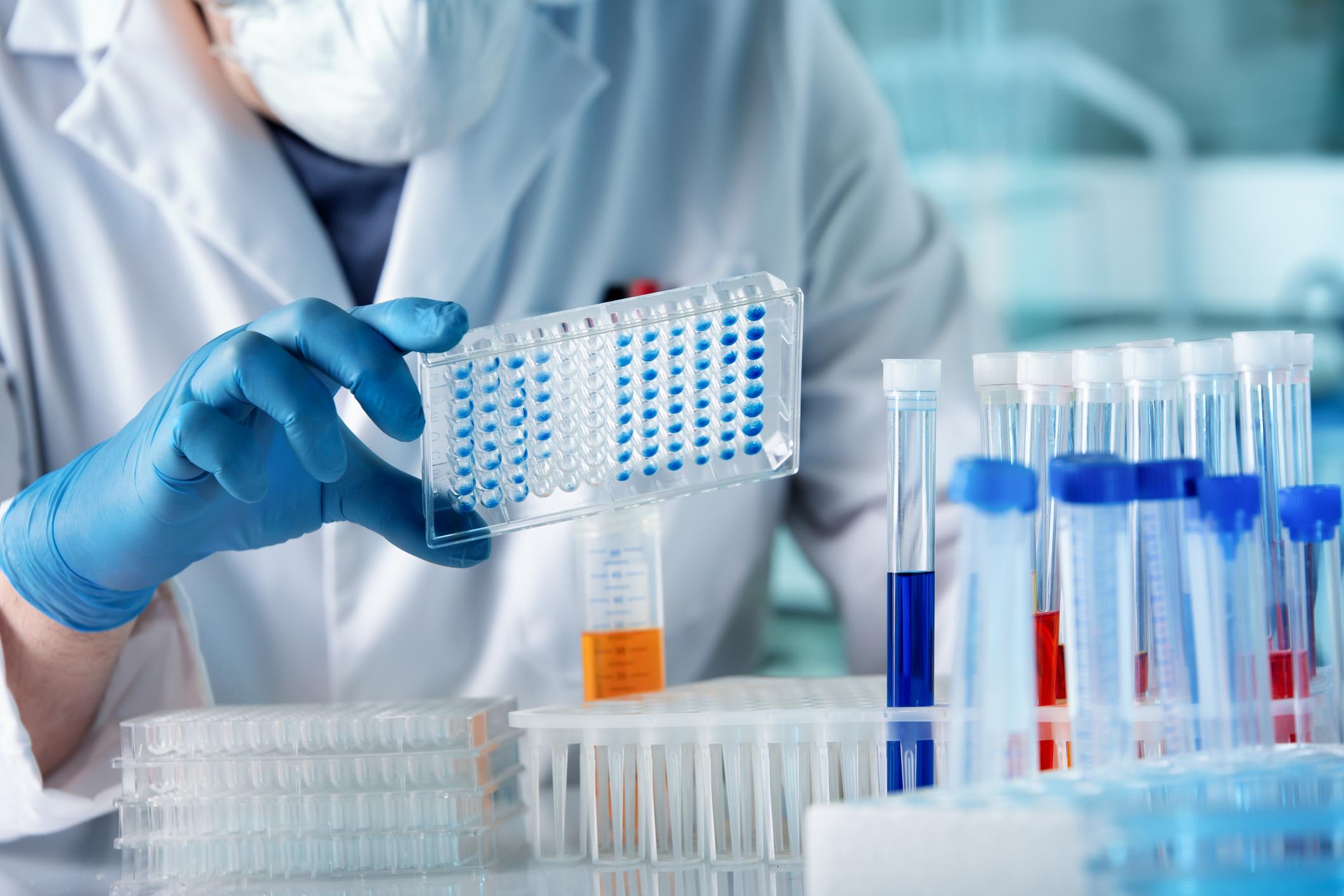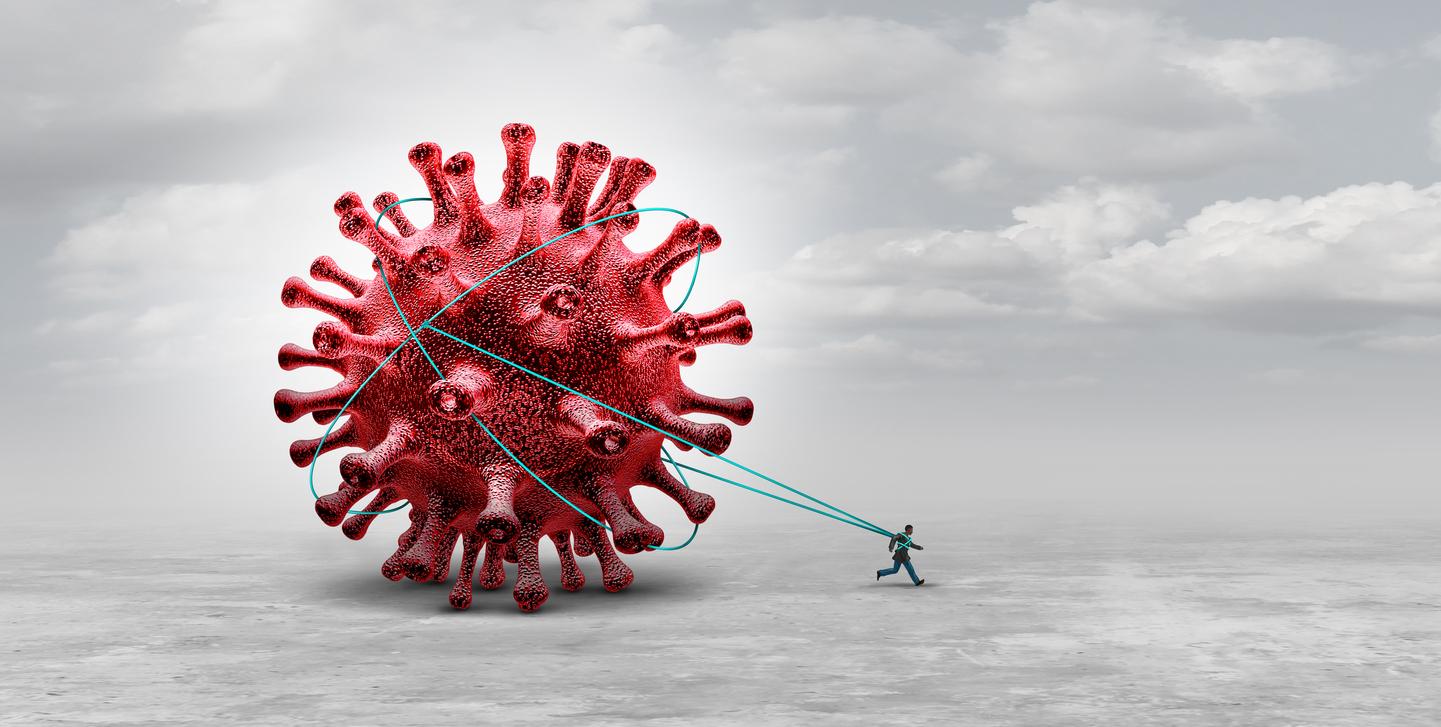More contagious than the previous strains of the virus, are the two British and South African variants also more worrying?
What are we talking about ?
At the end of December, when we thought we could turn the page of this dark year, a new twist took the world by surprise: a variant of Covid-19 pushed the United Kingdom to partially reconfine itself. Later, we learned of the existence of another variant in South Africa.
Today, these two variants of Sars-Cov-2 are of great concern to the international community because, if all viruses mutate, and in particular RNA viruses, certain mutations can give the virus an “advantage”.
The now called VOC 202012/01, discovered in the south-east of England, quickly spread to dozens of countries around the world. For its part, the 501.V2, today the majority in South Africa, has been spotted in a few other countries around the world, notably in France.
Today, most scientific studies on the subject agree on an estimate of increased transmissibility of 50 to 75% for the variant discovered in the United Kingdom. Preliminary results for the South African variant also show a higher transmissibility, but little data are available.
“It is better to have a more deadly virus than a more contagious one”
For Guillaume Rozier, founder of the Covid Tracker site, “It is better to have a more deadly virus than a more contagious one”. The reason is that a deadlier virus will cause deaths to increase linearly, while a more contagious virus will cause the epidemic to soar exponentially.
British epidemiologist Adam Kucharski explains this difference: “With a reproduction rate of 1.1, a mortality rate of 0.8%, and 10,000 people infected, we would end up with 129 deaths after a month. If the mortality rate increases 50%, the number of deaths would reach 193. But if the rate of transmissibility increased by 50%, it is 978 deaths which would be deplored ”.
What about the effectiveness of vaccines?
According to current data, vaccines are effective against these strains. The German laboratory BioNTech, originally with Pfizer of the first authorized Covid-19 vaccine, assured that it was able, if necessary, to provide a new vaccine “In six weeks” to respond to a mutation.
















